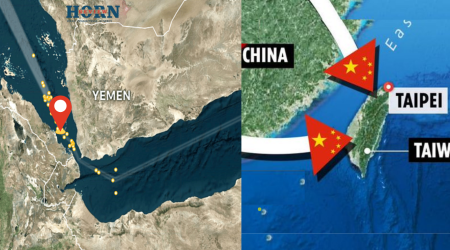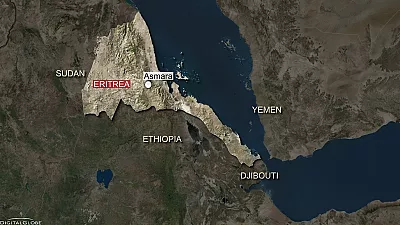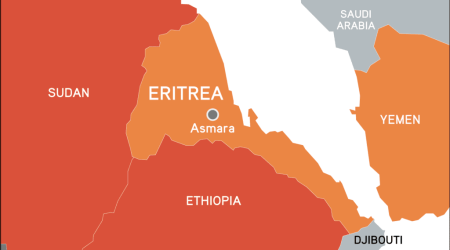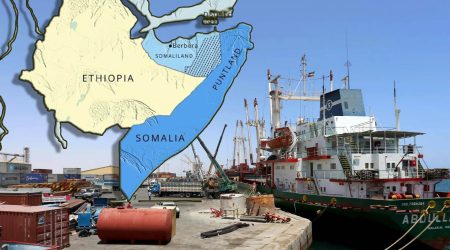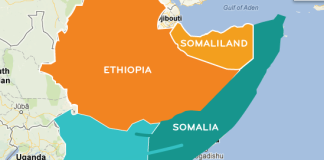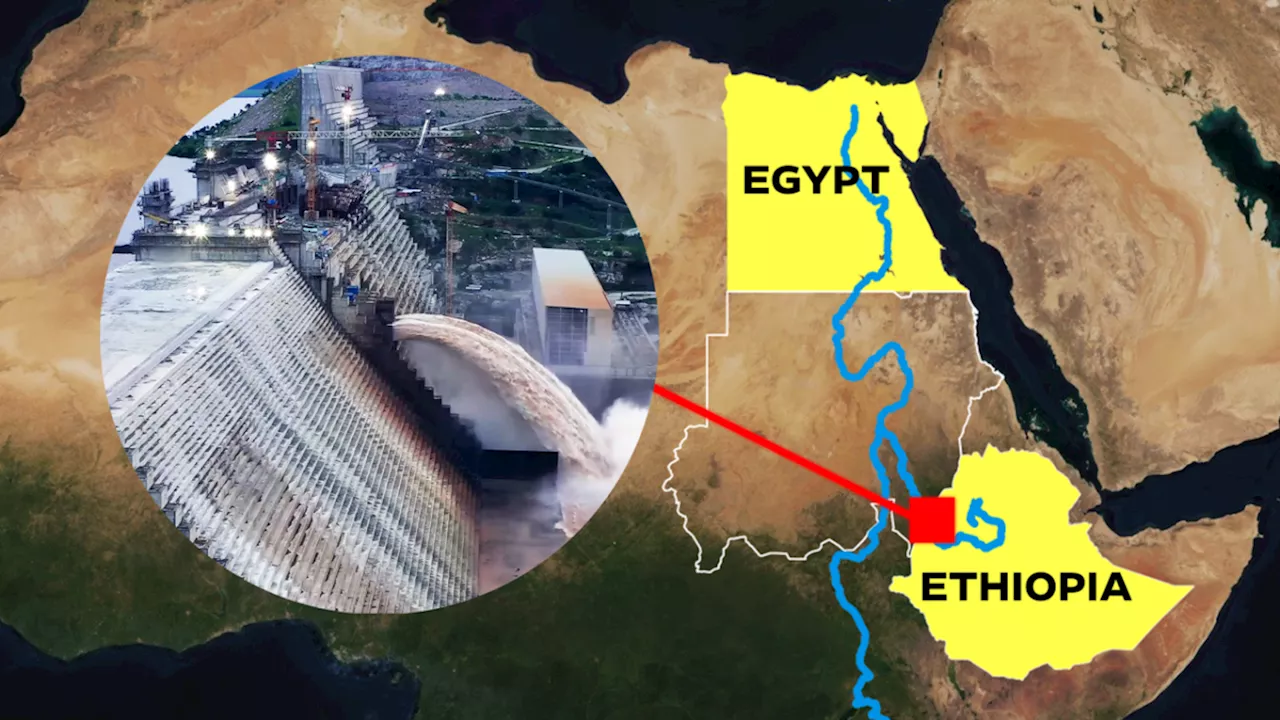
29
Jul
The Sphinx’s Riddle: Egypt’s Refusal to Be a Great Power Conduit
The revelation of a proposed American diplomaticy linking mediation in the Nile dam dispute with Ethiopia to Egyptian acquiescence in the displacement of Gaza’s populace into a confined area near Rafah has elicited a firm and rejection from Cairo. This refusal, articulated through high level diplomatic channels, transcends through political posturing it a complex of strategic imperatives, historical consciousness, and principled positions deeply woven into the Egyptian statecraft. Understanding the underpinnings of this decision requires examining the intricate calculus guiding Egypt’s response.
Foremost among Cairo’s motivations resides the indivisibility of national existential threats. The Grand Ethiopian Renaissance Dam (GERD) represents a challenge to Egypt’s hydrological security, a matter etched into the nation’s very survival given its near total dependence on the Nile’s waters. Decades of negotiations, marked by frustration and intermittent tension, the critical nature of this dossier. To condition vital American intervention in resolving this generational challenge intervention framed as potentially decisive upon Egypt facilitating a humanitarian catastrophe in Gaza constitutes an unacceptable conflation. Cairo perceives this linkage not as pragmatic diplomacy, but as a fundamental compromise of its core sovereign interest, transforming a life or death water security issue into bargaining chit. Accepting such a proposition would establish as precedent, signaling that Egypt’s most vital concerns are negotiable against unrelated geopolitical pressures.
Simultaneously, the proposed quid pro quo strikes at the heart of Egypt’s longstanding, deeply rooted commitment to the Palestinian cause, a cornerstone of its regional identity and foreign policy for generations. While Egyptian-Israeli relations exist within a framework of cold peace, the specter of actively enabling the mass displacement of Palestinians into a confined, securitized zone explicitly termed a “concentration camp” in the reports represents a diplomatic and moral abyss. Facilitating such a scenario would irreparably damage Egypt’s stature as a Arab state and its historical role as a defender of Palestinian rights. It risks igniting fierce domestic backlash, destabilizing an already fragile internal political equilibrium, and shattering Cairo’s carefully managed position as a crucial, complex, intermediary in the conflict. The reputational cost, both domestically and across the Arab and Muslim world, is deemed prohibitively exorbitant.
Furthermore, Egypt’s rejection reflects a sophisticated understanding of regional power dynamics and strategic autonomy. Acceding to the US proposal would effectively outsource Egypt’s agency on two of its most critical regional files to Washington’s immediate agenda in Gaza. Cairo possesses significant leverage regarding Rafah, controlling the vital border crossing and possessing unparalleled influence over any outcomes in southern Gaza. To relinquish this leverage under duress, for a promise of mediation on the GERD a process where US influence over Ethiopia remains demonstrably limited constitutes a poor strategic bargain. Egypt likely calculated that the tangible leverage it holds on Gaza is more valuable and actionable in the immediate term than a conditional, and potentially ineffectual, American pledge on the dam. This decision asserts Egypt’s prerogative to manage its complex regional challenges on their own distinct merits, resisting external attempts to bundle them into transactional packages.
Beneath these strategic layers lies an element of principled resistance to coercive diplomacy. The framing of the offer solving Egypt’s existential water crisis in exchange for complicity in a widely condemned action in Gaza carries an implicit condescension, a perception of Egypt’s desperation being exploited. The rejection, therefore, serves as a declarative act, affirming that Cairo will not be strong-armed into sacrificing one fundamental interest for another, nor will it compromise its foundational principles under external pressure, regardless of the potential short term gain offered. It is a statement of sovereign dignity and a refusal to engage in what is perceived as morally reprehensible horse trading.
In essence, Egypt’s dismissal of the American proposition is a navigating existential duality. It demonstrates an acute awareness that its water security and its regional legitimacy are not fungible commodities but non-negotiable pillars of statehood. The decision emerges not from callousness towards the GERD crisis, which remains a concern, but from a conviction that its resolution cannot be ethically or strategically mortgaged against facilitating a humanitarian and political disaster for the Palestinians. Cairo’s prioritizes long-term strategic integrity, regional standing, and adherence to its historical principles over a short-term, ethically fraught expediency offered by a powerful, yet increasingly unpredictable, ally. The rejection underscores Egypt’s determination to chart its own course on issues fundamental to its survival and its soul.
By Samiya Mohammed,Researchers,Horn Review

